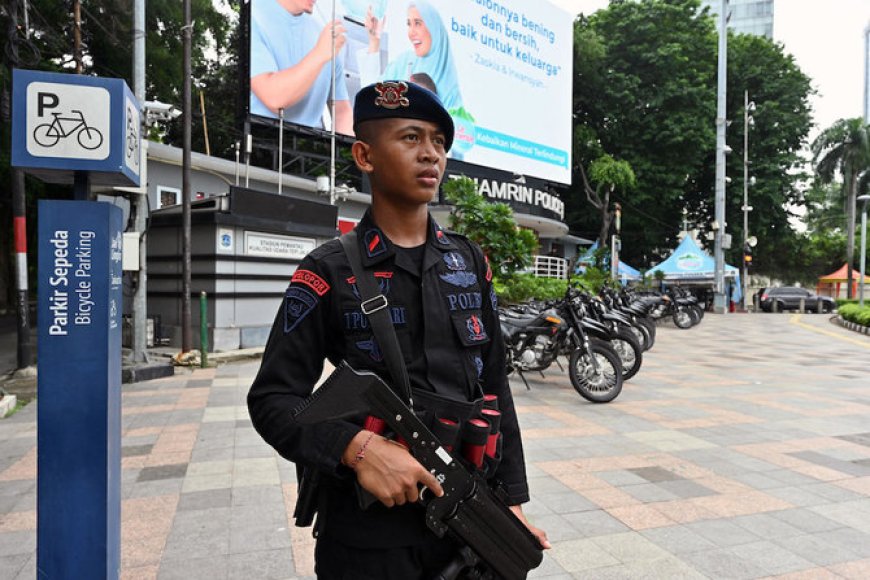Indonesian authorities are probing a grave accusation by the country's journalists' association that arson may have caused a fire resulting in the tragic death of reporter Rico Sempurna Pasaribu and three members of his family. This incident has sparked widespread concern over media freedom in Indonesia, a nation ranked 111th out of 180 countries on the 2024 press freedom index by Reporters Without Borders.
The Association of Independent Journalists (AJI) pointed to arson as the likely cause of the June 27th blaze at Pasaribu's home in North Sumatra. The reporter had recently covered stories exposing illegal gambling activities involving local officials, raising suspicions of possible retaliation. According to reports from Kompas newspaper, Pasaribu, his wife, a child, and a grandchild tragically lost their lives in the fire.
Oloan Siahaan, a district police official, confirmed that investigations are ongoing to determine the fire's origins, emphasizing that it remains uncertain whether foul play was involved. The case has drawn strong condemnation from journalist groups within and beyond Indonesia. AJI characterized the incident as a severe violation of press freedom, setting a dangerous precedent for journalists facing intimidation and violence.
Anthony Bellanger, General Secretary of the International Federation of Journalists, urged Indonesian authorities to swiftly pursue justice for Pasaribu and his family. The international community's response underscores the gravity of the situation, with calls for accountability and protection for journalists striving to uphold transparency and democracy.
As investigations continue, the spotlight remains on Indonesia's commitment to safeguarding press freedom and ensuring journalists can carry out their crucial work without fear of reprisal. The outcome of this inquiry will undoubtedly have implications for media freedom across Southeast Asia and beyond, underscoring the critical need for robust protections against threats facing journalists worldwide.














































